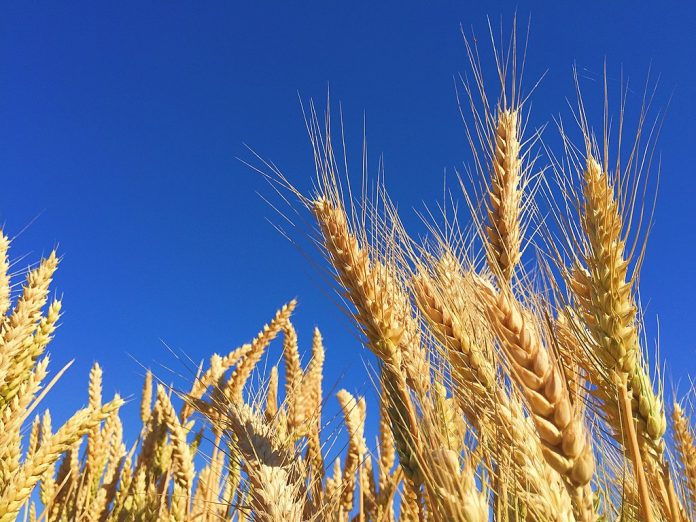Five European Union countries are to extend their bans on Ukrainian grain imports to protect domestic farming interests. However, the agriculture ministers of Poland, Slovakia, Hungary, Romania and Bulgaria did agree that food can still be transported through their respective countries to places in dire need elsewhere in the world following Russia’s withdrawal from the deal safeguarding Black Sea grain shipments.
The ministers signed a joint declaration ahead of next week’s EU discussions in Brussels. The joint declaration supports continuing to allow Ukraine’s grain to move across their borders by road, rail and river to destinations of need but aims to retain the current ban on domestic market imports through 2023.
“This coalition is not against anyone, not against Ukraine or the EU, it is in the interest of our farmers,” Poland’s Agriculture Minister Robert Telus insisted after the meeting in Warsaw, where he and his counterparts decided that the import ban should continue beyond its 15 September deadline.
All the countries border on Ukraine, except for Bulgaria.
On Monday, Russia withdrew from the pact brokered by the U.N. and Turkey that enabled Ukraine to export wheat, barley, vegetable oil, corn and the like via the Black Sea to countries otherwise facing widespread hunger.
The five agricultural ministers and Poland’s Prime Minister Mateusz Morawiecki, whom they met with, pointed out how previous experience indicated Ukrainian grain had been getting stuck in their countries. They noted too that the ensuing glut had resulted in lower prices for domestical farmers, something they wished to avoid in the proposed arrangement.
The ministers called on the EU to set up mechanisms to ensure that Ukrainian grain and other food reached its intended destinations without impacting the agricultural industry in transit countries.
“Today the EU should build proper law and infrastructure tools to regulate transport of Ukraine grain in the long term,” Minister Telus said. “We want to help Ukraine in the transit,” he stressed.
In May, EU Commissioner for Agriculture, Janusz Wojciechowski, a former Polish agriculture minister, tweeted that some 4.1 million tons of Ukrainian corn, barley and canola grain reached Poland between April 2022 and March 2023, and that 3.4 million tons remained there, with only some 700 tons having moved on.
Unilateral bans passed in April by the countries concerned in response to farmer protests, later prompted the EU to allow the countries to temporarily prohibit certain agricultural products from Ukraine and boosted aid to farmers. The grain was allowed to move through to other markets in sealed and guarded transports.
Telus said the EU move had brought “unexpectedly good effects to us all”, noting that the amount of Ukrainian grain transiting through Poland so far this year had doubled.
However, despite the eagerness of the Ukrainian Grain Association to double its monthly exports of grain to 4 million metric tons via the Danube River to Romania’s Black Sea ports, Telus insists that this is not feasible. Between March 2022 and June 2023, some 20 million tons of Ukrainian grain passed through the Romanian ports of Constanta, Galati and Braila — the maximum that could be handled, he said.
On Tuesday, European Commission President Ursula von der Leyen, spoke of her deep concern “about Russia’s move to terminate the Black Sea Grain Initiative.” She promised the EU would do all it could to address the risk of “food insecurity” the Russian move posed for “so many vulnerable countries across the globe.”
More than 45 million metric tons of grain, oilseeds and other products had been exported through Europe, she noted, and it was vital that “the blocking of the Black Sea is stopped” so that exports can continue using that route.
Yesterday, Ukraine’s President Volodymyr Zelenskyy announced that his government is working on solutions to sustain exports via the Black Sea route despite Russia having rescinded its safety guarantees for shipping.
According to the UN, the Black Sea Grain Initiative has allowed an additional 32.9 million metric tons to get to the world.

